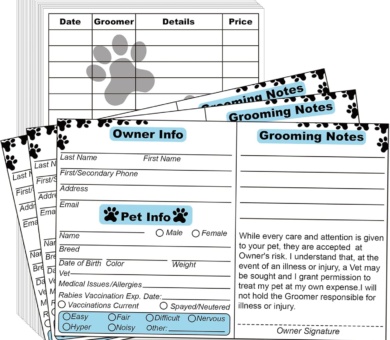The Power of Specific & Niche Titles: Cutting Through the Noise
In today’s crowded digital landscape, standing out requires precision. Whether you’re crafting a job title, blogging, or marketing a product, specific and niche titles act as beacons, guiding the right audience to you. This article explores how these titles work, their benefits, and how to harness their power effectively.
Defining Specific vs. Niche Titles
- Specific Titles: Clarify roles, skills, or content focus. Example: "Senior Python Developer for AI Algorithms" (vs. generic "Software Engineer").
- Niche Titles: Target a specialized audience or market. Example: "Vegan Pastry Chef Specializing in Gluten-Free Desserts" (vs. "Baker").
While all niche titles are specific, not all specific titles are niche. The distinction lies in catering to a细分市场—a tightly defined audience with unique needs.
Why Specificity Matters: Benefits and Outcomes
- Improved Visibility: Specific titles align with search queries, boosting SEO. Job postings with clear titles attract 30% more qualified applicants (LinkedIn data).
- Higher Engagement: Content with precise headlines (e.g., "5 Budget-Friendly Skincare Routines for Oily Skin") sees higher click-through rates than vague alternatives.
- Expert Positioning: Titles like "Pediatric Oncology Nurse Practitioner" establish authority in specialized fields.
- Reduced Competition: Targeting narrow audiences means less competition and higher conversion rates.
When to Go Niche: Advantages and Considerations
Ideal for:
- Freelancers/consultants building a personal brand.
- Businesses targeting underserved markets (e.g., "Ethical Jewelry for Minimalist Brides").
- Content creators aiming to dominate a micro-topic.
Risks:
- Over-niching may limit opportunities if demand is too low.
- Inflexibility if industry trends shift.
Crafting Effective Titles: Strategies and Tools
- Keyword Research: Use tools like Google Keyword Planner or SEMrush to identify high-demand terms.
- Audience Insight: Understand pain points. A title like "Quick Vegan Meals for Busy Parents"= speaks directly to a need.
- Competitor Analysis: Differentiate by adding unique angles (e.g., "Sustainable Yoga Mats Made from Recycled Ocean Plastic").
- Test & Iterate: A/B test titles on social media or email campaigns to gauge effectiveness.
Real-World Examples Across Industries
- Tech: "Cybersecurity Analyst for Healthcare Systems" vs. "IT Specialist".
- Content Marketing: "LinkedIn Carousel Design Tips for B2B SaaS" vs. "Social Media Tips".
- Academia: "Postcolonial Literature Researcher Focused on South Asian Diaspora" vs. "Literature Professor".
Pitfalls to Avoid
- Jargon Overload: "Omnichannel Digital Transformation Strategist" may confuse non-experts.
- Overly Rigid Titles: Balance specificity with adaptability. Consider "Content Marketer for Tech Startups" instead of narrowing to a single platform.
Conclusion: Striking the Right Balance
Specific and niche titles are powerful tools for cutting through noise, but success lies in balance. Regularly assess market trends, validate demand, and stay open to refining titles as needed. Whether you’re a job seeker, marketer, or creator, clarity and focus will help you connect meaningfully with your audience.
Call to Action: Audit your current titles. Are they precise enough? Could niching down unlock new opportunities? Start experimenting today!
By embracing specificity and strategic niching, you position yourself not just to be seen—but to be remembered.









